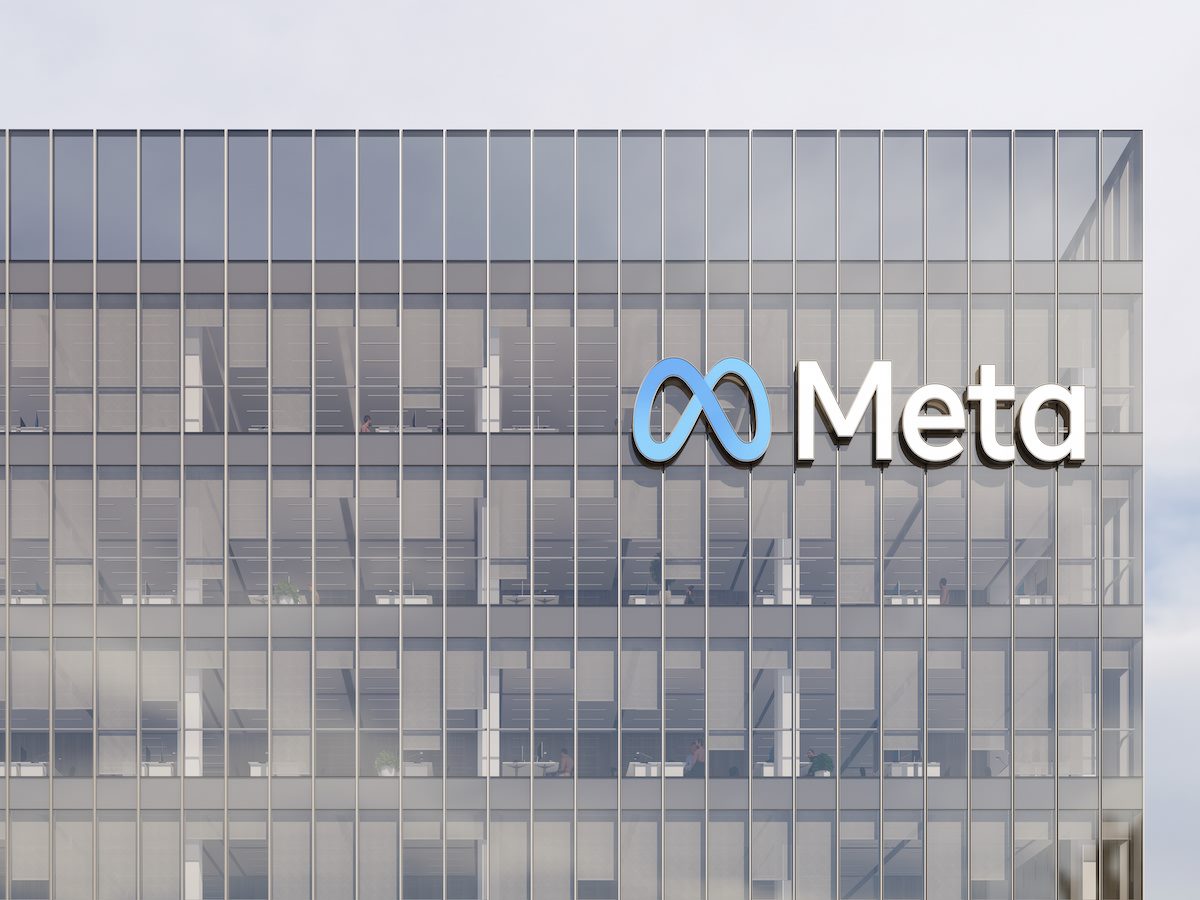Key Takeaways
- Meta's latest investment. Meta plans to acquire Rivos to strengthen its AI chip development.
- RISC-V expertise. Rivos specializes in open-source RISC-V architecture for chip design.
- AI chip strategy. Meta aims to reduce reliance on third-party AI chips, potentially lowering long-term infrastructure costs.
Meta announced its intention to acquire chip startup Rivos to strengthen its in-house semiconductor development, the company said on September 30, 2025. The Santa Clara-based startup specializes in designing AI chips based on the RISC-V architecture, an open-source alternative to proprietary designs.
According to company officials, the acquisition aims to accelerate Meta's custom silicon work and expand development of its Meta Training and Inference Accelerator (MTIA) family of chips. Financial terms were not disclosed.
Table of Contents
- The AI Chip Wars Are Heating Up
- What Rivos Brings to Meta’s AI Arsenal
- Meta's Latest AI Investments (2025)
- Who Is Meta?
The AI Chip Wars Are Heating Up
"Rivos brings expertise in building full‑stack AI systems."
- Yee Jiun Song
VP of Engineering, Meta
The race for custom AI chips has become a strategic imperative as tech giants seek to reduce dependency on traditional suppliers and control their AI destinies.
Meta's pursuit of Rivos follows its earlier development of the Meta Training and Inference Accelerator (MTIA) family of chips. This acquisition is an escalation in the company's efforts to decrease reliance on external chip providers like NVIDIA, which has dominated the AI acceleration market.
The move follows a broader trend where major tech companies are heavily investing in custom silicon to gain competitive advantages. Amazon (AWS Trainium, Inferentia), Microsoft (Azure Maia, Cobalt) and Google (Axion) have all developed proprietary AI chips to reduce costs and gain more control over their AI infrastructure.
This shift comes amid increasing geopolitical pressures in the semiconductor industry, with China and the US both making multi-billion dollar investments in chip development. As AMD CEO Lisa Su noted in recent testimony, "If we want to lead in AI, we must lead in the infrastructure that powers it."
Meta's acquisition is ultimately part of a growing trend in establishing sustainable, scalable AI infrastructure strategies before pursuing AI product development, helping enterprises ensure they aren't caught in costly vendor dependencies as the market evolves.
Related Article: Meet the Startups Taking on Big Tech With Smarter AI Chips
What Rivos Brings to Meta’s AI Arsenal
The Meta-Rivos acquisition brings several key capabilities to Meta's AI infrastructure strategy:
| Deal Features | What Meta Gains |
|---|---|
| RISC-V Architecture | Open-source chip design alternative to proprietary architectures |
| Full-Stack AI Systems | Expertise in complete AI system development |
| MTIA Expansion | Enhancement of Meta's custom chip accelerator family |
| Cost Reduction | Potential decrease in reliance on expensive third-party AI chips |
Meta's Latest AI Investments (2025)
Meta has made a number of acquisitions, investments, deals and partnerships within the past two years.
| Date | Target/Partner | Investment Type | Deal Value | Purpose |
|---|---|---|---|---|
| June 2025 | Scale AI | Investment / Minority Stake (49%) | $14.8 Billion | Meta acquires a 49% non-voting stake and hire's Scale's CEO to lead its superintelligence efforts. |
| September 2025 | CoreWeave | Infrastructure / Supply Deal | $14.2 Billion | Meta signed a $14.2B agreement with CoreWeave to supply cloud/AI compute infrastructure through 2031. |
| September 2025 | US General Services Administration (GSA) | Partnership | Unknown | Meta agrees to OneGov initiative with the GSA to provide government-wide access to its Llama models. |
| September 2025 | Rivos | Acqusition (planned) | Unknown | Meta to acquire RISC-V chips startup to strengthen its in-house AI chip development. |
| Ongoing | Google's Gemini / Google Cloud | Strategic Partnership Talks | Unknown | Meta is in negotiations to use Google's Gemini or AI models to improve its ad targeting systems. |
Related Article: Meta’s Llama 4 Models Spark Momentum — and Scrutiny — for Open-Source AI
Who Is Meta?
Founded as Facebook, Inc. in February 2024, Meta is a publicly traded tech company that targets advertisers, marketers and developers. The company is traded on NASDAQ under the ticket META.
Meta's Offerings
Meta's best known for its various consumer-facing platforms: Facebook, Instagram, WhatsApp and Messenger. These platforms support social networking, advertising and business messaging. Meta is also a major investor in artificial intelligence (AI), virtual reality (VR) and augmented reality (AR) through products like Quest headsets and the Reality Labs devision.
According to company officials, its platforms enable targeted advertising, customer engagement and commerce at global scale.
Meta's Market Position
According to industry analysts, Meta holds a significant share of the global digital advertising market, serving organizations ranging from small businesses to large enterprises. Its platforms are widely used for brand marketing, direct response advertising and community engagement. The company is also investing in AR and VR to support future enterprise and consumer applications. Its typical customers include advertisers, developers and content creators seeking large-scale reach and data-driven marketing capabilities.
The Meta-Rivos acquisition was first reported on by Bloomberg News.
